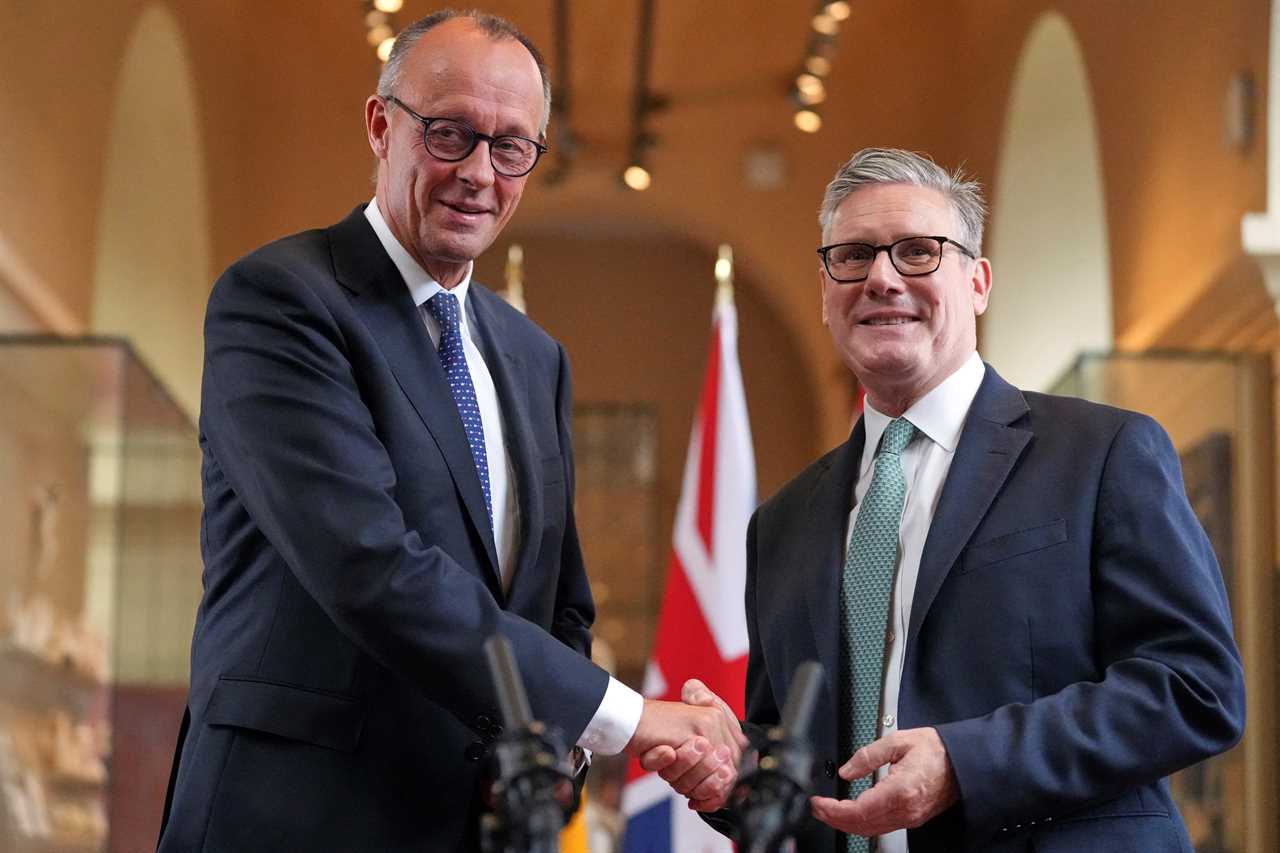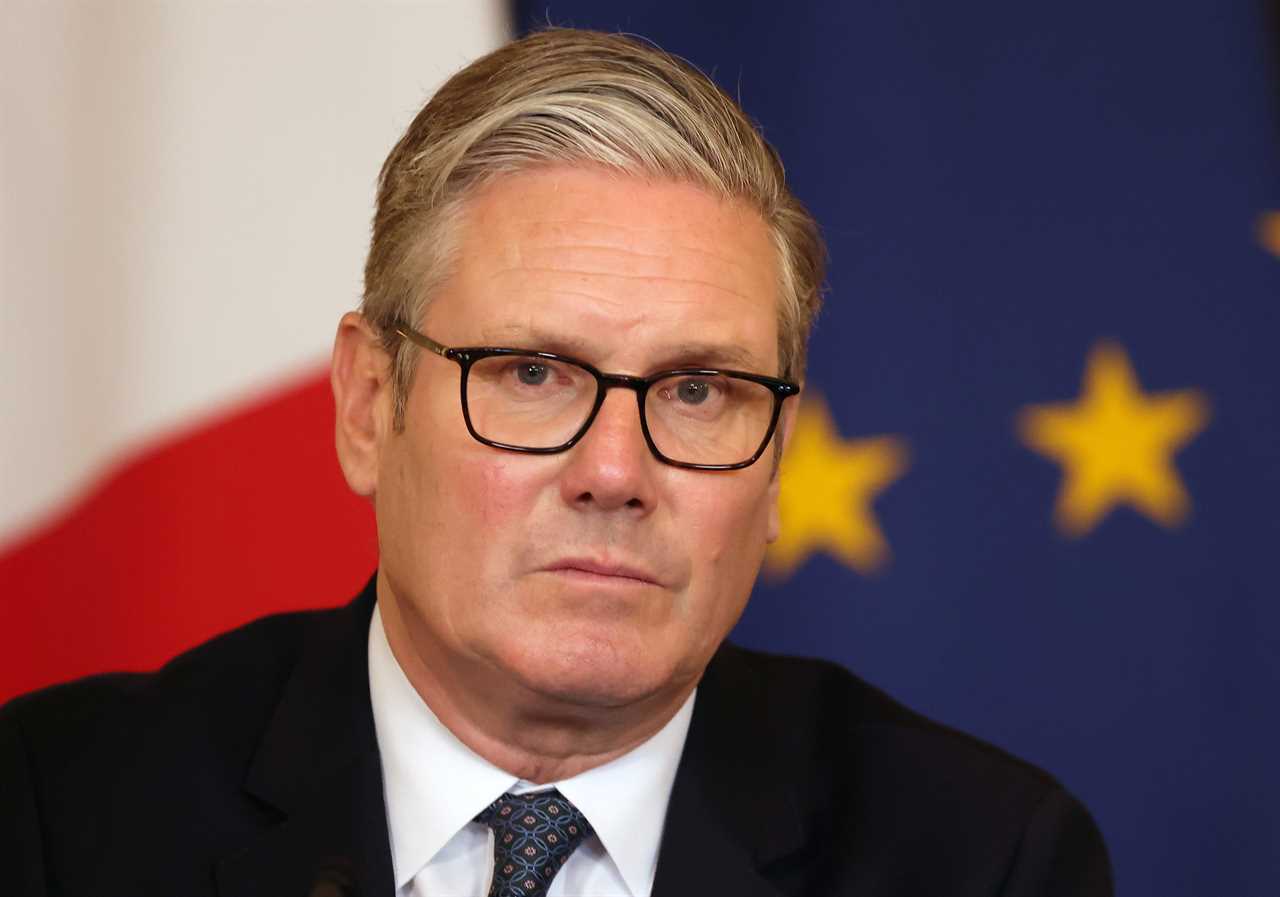
In the midst of escalating tensions surrounding Brexit, Sir Keir Starmer, the UK's Prime Minister, finds himself under scrutiny following scathing remarks from German Chancellor Friedrich Merz. Merz's condemnation of the UK's departure from the European Union as "deplorable" adds to a chorus of disapproval from EU leaders. Meanwhile, Brussels is pushing for additional financial commitments from Britain, further complicating the post-Brexit landscape.
Challenging EU Relations: Political Dynamics at Play
The recent visit of German Chancellor Friedrich Merz to the UK, where he openly expressed his disappointment over Brexit, underscores the strained relationship between the UK and the EU. Merz's comments, echoing sentiments previously voiced by French President Emmanuel Macron, highlight a growing divide between British leadership and their European counterparts. This public rebuke comes at a time when the UK is navigating complex negotiations with the EU, raising questions about the future of diplomatic ties and financial obligations.
The Financial Implications: Demands for UK Contributions
Amidst diplomatic tensions, Brussels is intensifying pressure on the UK to increase financial support for various EU initiatives. Documents outlining the need for British contributions to EU budgets signal a challenging road ahead for Sir Keir Starmer's administration. The demand for financial backing in areas such as food standards and carbon emissions management poses a dilemma for the UK, as it grapples with balancing economic interests and regulatory autonomy post-Brexit.
Implications for Post-Brexit Policies: Navigating a Complex Landscape
As the UK faces mounting expectations from EU stakeholders, the intricacies of post-Brexit policy implementation come into focus. The requirement for financial contributions to ease trade restrictions raises concerns about the extent of British influence in shaping regulatory frameworks. The delicate balance between economic pragmatism and national sovereignty underscores the complexities inherent in the UK's evolving relationship with the EU.

Richard Tice, Deputy Leader of Reform, criticised the perceived condescension of EU leaders towards the UK, emphasising the disconnect between British public sentiment and the attitudes of continental politicians. Tice's remarks reflect broader concerns about the alignment of UK leadership with the principles and aspirations of Brexit, highlighting internal divisions and external pressures shaping Britain's post-EU trajectory.
As the political landscape continues to evolve in the aftermath of Brexit, Sir Keir Starmer's leadership faces heightened scrutiny amidst calls for increased financial contributions to the EU. The delicate balance between asserting national interests and navigating diplomatic relations with the EU underscores the intricate challenges ahead. The intersection of political rhetoric, financial demands, and regulatory complexities paints a nuanced picture of the post-Brexit reality facing the UK, prompting reflections on the evolving dynamics of European relations and the implications for Britain's future.
Did you miss our previous article...
https://trendinginthenews.com/uk-politics/debate-surrounding-labour-proposal-to-lower-voting-age-sparks-concerns-of-electoral-manipulation






